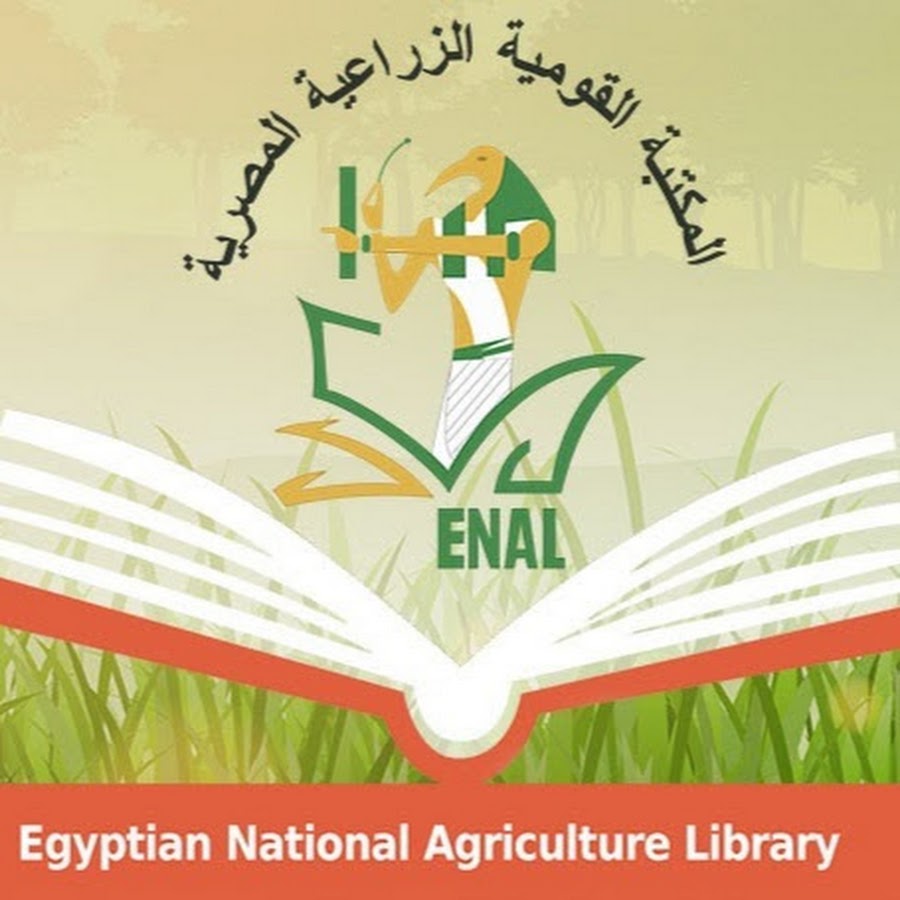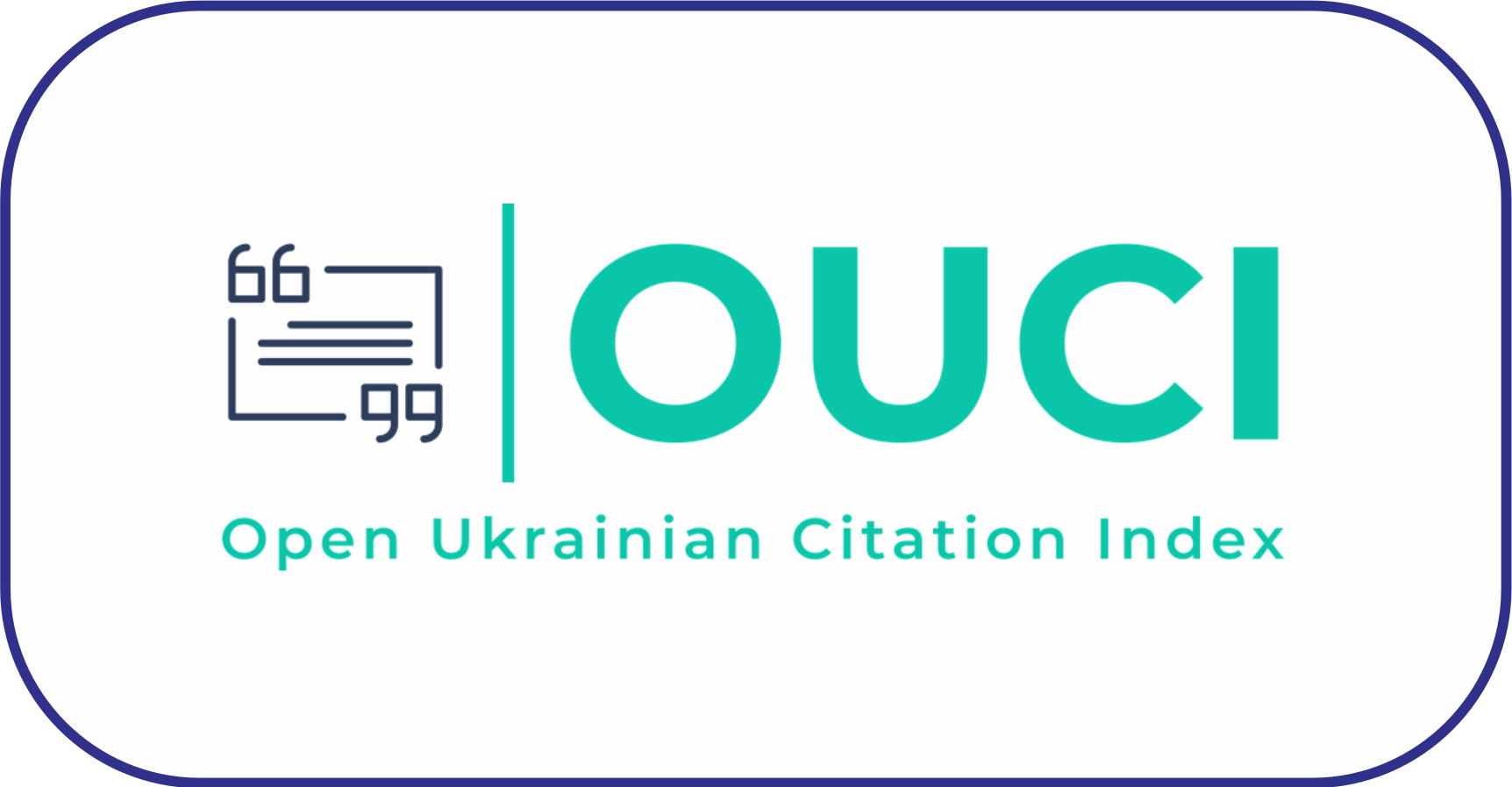Effect of sowing time, advanced genotype, and potassium application on seed cotton yield in relay cropping with wheat
DOI:
https://doi.org/10.63072/aab.18003Keywords:
Agro-resources, Productivity, Relay cropping, Seed cotton yield, Sowing timeAbstract
This research study was conducted at Central Cotton Research Institute Multan during 2016 to evaluate the effect of sowing dates on seed cotton yield of different Bt cultivars. Experimental design was split plot. Sowing dates were kept in main block and genotypes in sub plot with four replications. The plot size was 30 × 20 ft. An experiment was conducted at central cotton research institute Multan during 2016 to evaluate the effect of sowing dates on seed cotton yield of different conventional cultivars. Experimental design was split plot. Sowing dates were kept in main block and genotypes in sub plot with three repeats. The findings indicate that the height of cotton plants, the number of nodes, and the quantity of buds decreased when planting was delayed. In contrast, earlier sowing resulted in a higher yield compared to later sowing. This outcome is likely attributed to the more effective utilization of agro-resources. Therefore, it is advisable to engage in early sowing of cotton in the primary (conventional) zone of Pakistan for optimal harvesting of agro-environmental factors and enhanced economic benefits for the farming community, aligning with practices in other cotton-producing nations. Among genotypes Cyto-122 gave maximum plant height, number of nodes and number of buds as compared to the other genotypes Cyto-124, CIM-620 and FH-942. © 2018 The Author(s)
Downloads
Published
How to Cite
Issue
Section
License
Copyright (c) 2018 Advances in Agriculture and Biology

This work is licensed under a Creative Commons Attribution-NonCommercial 4.0 International License.





























